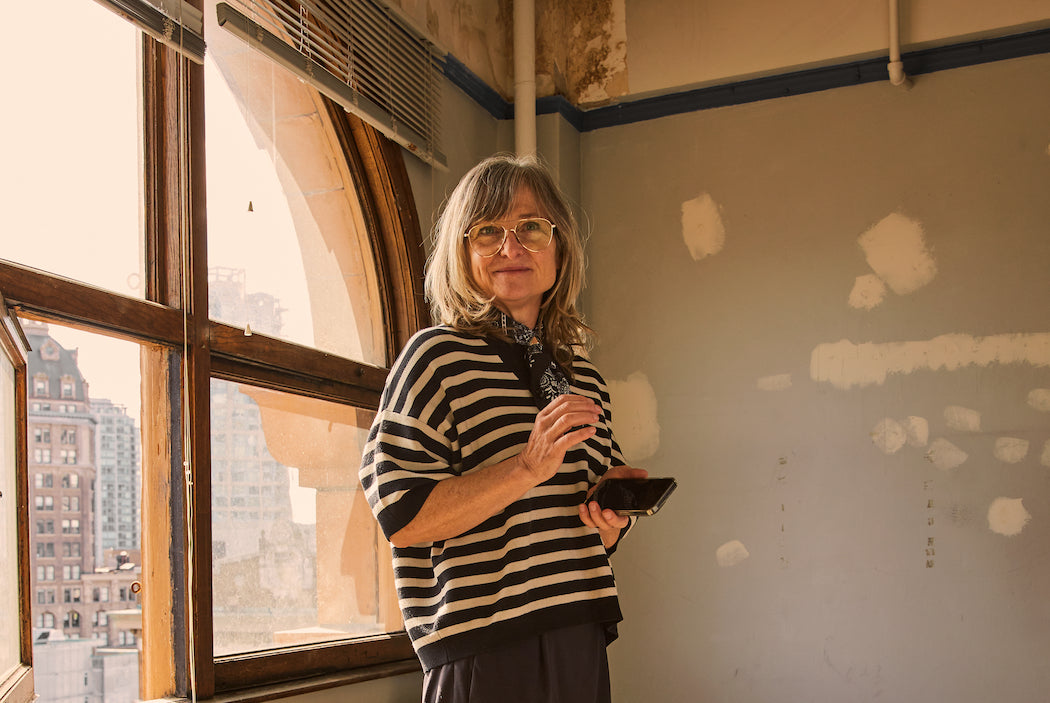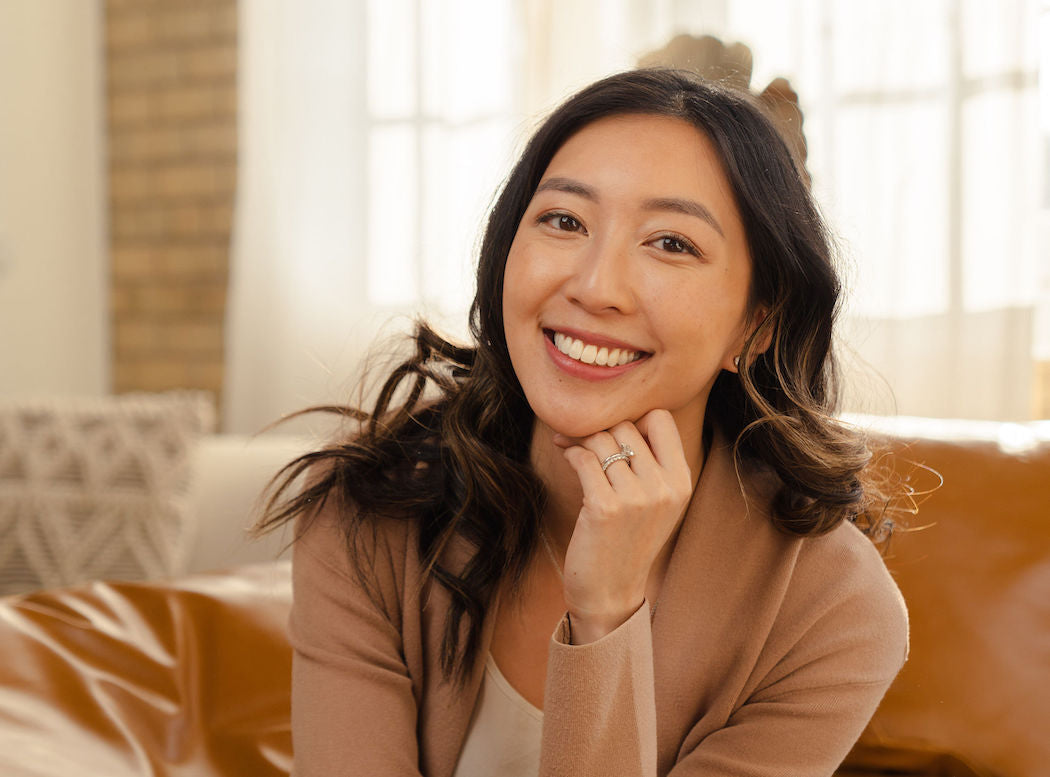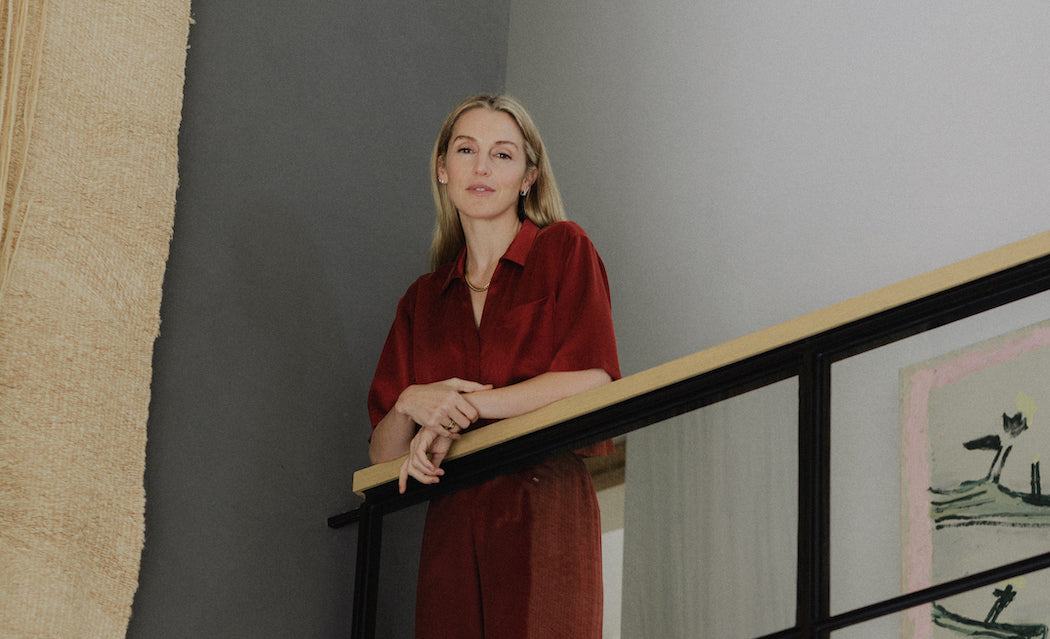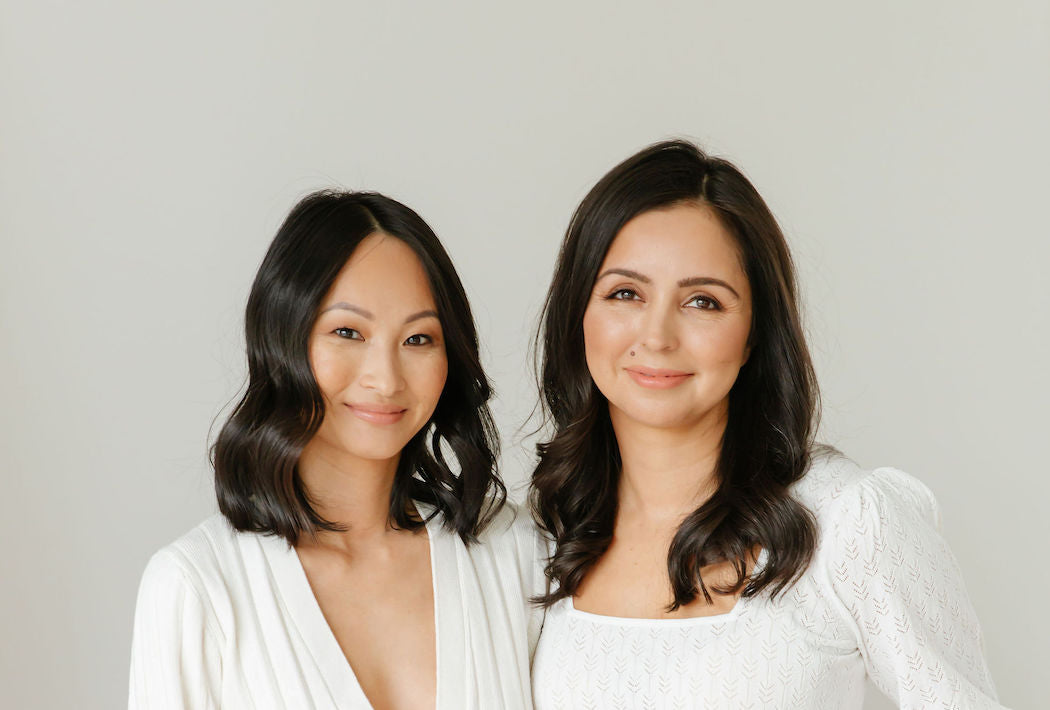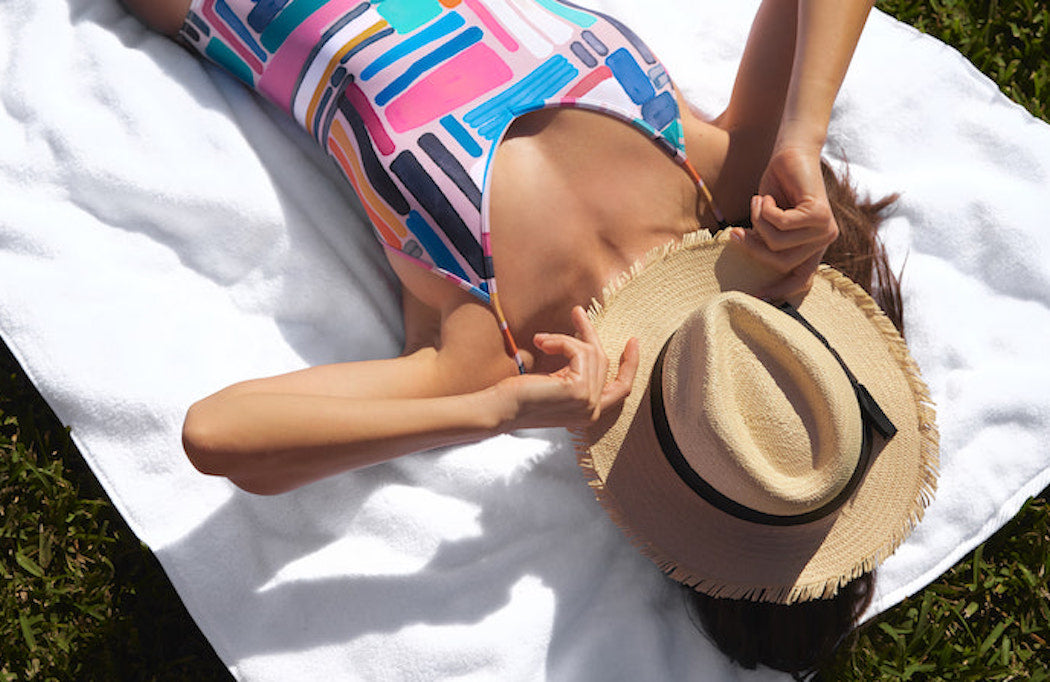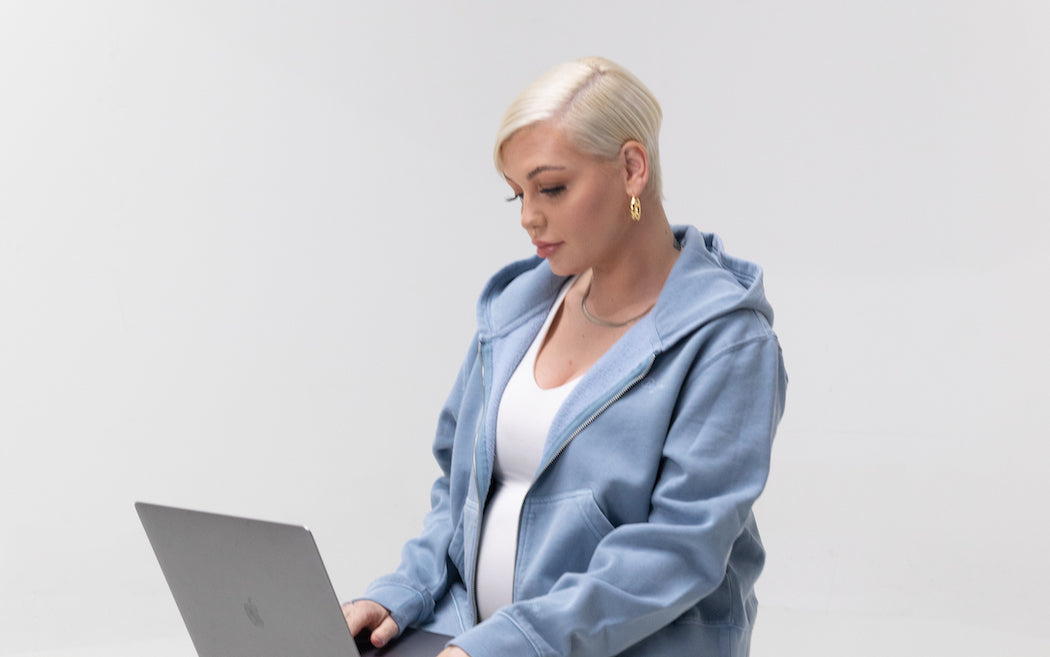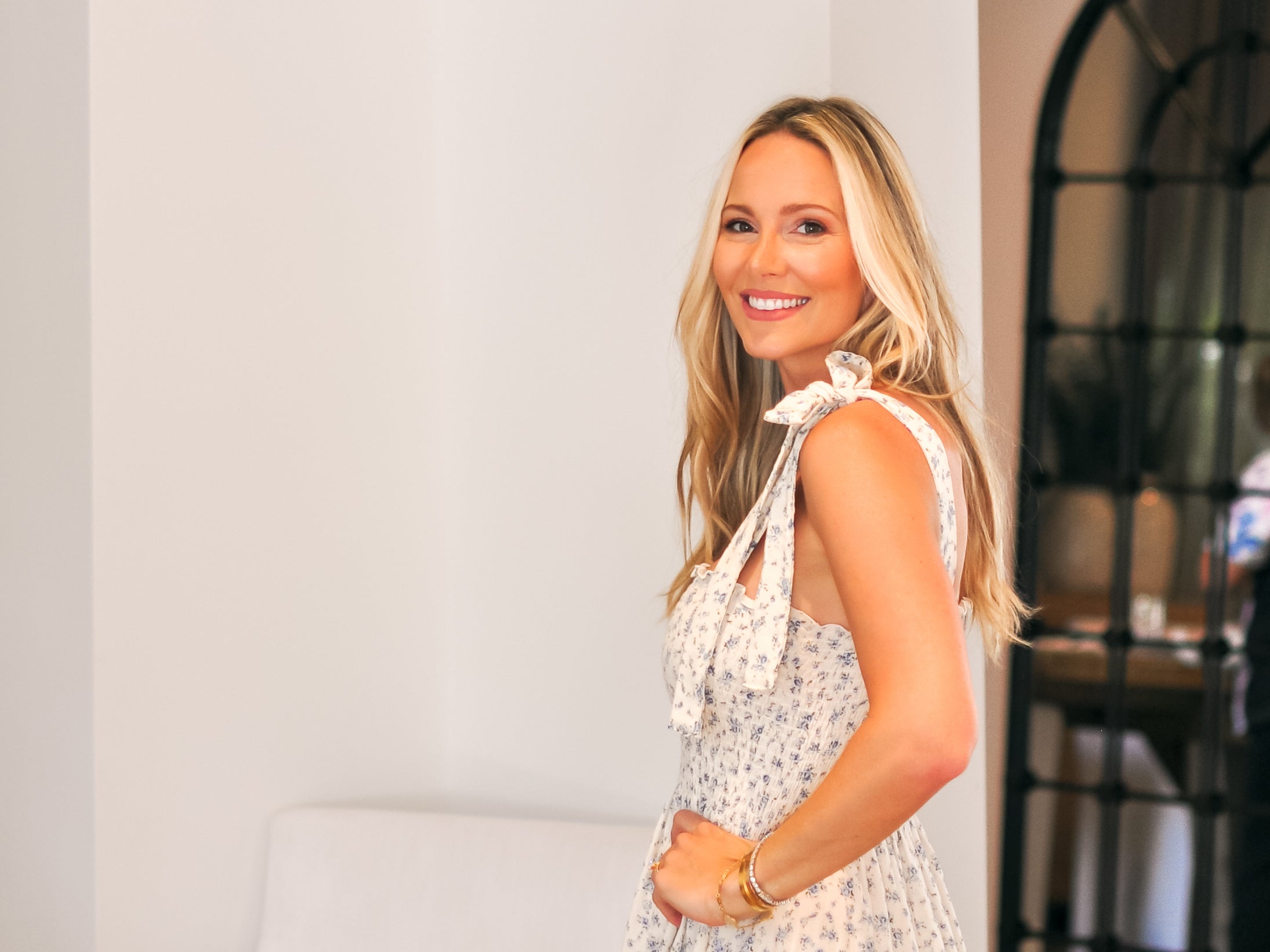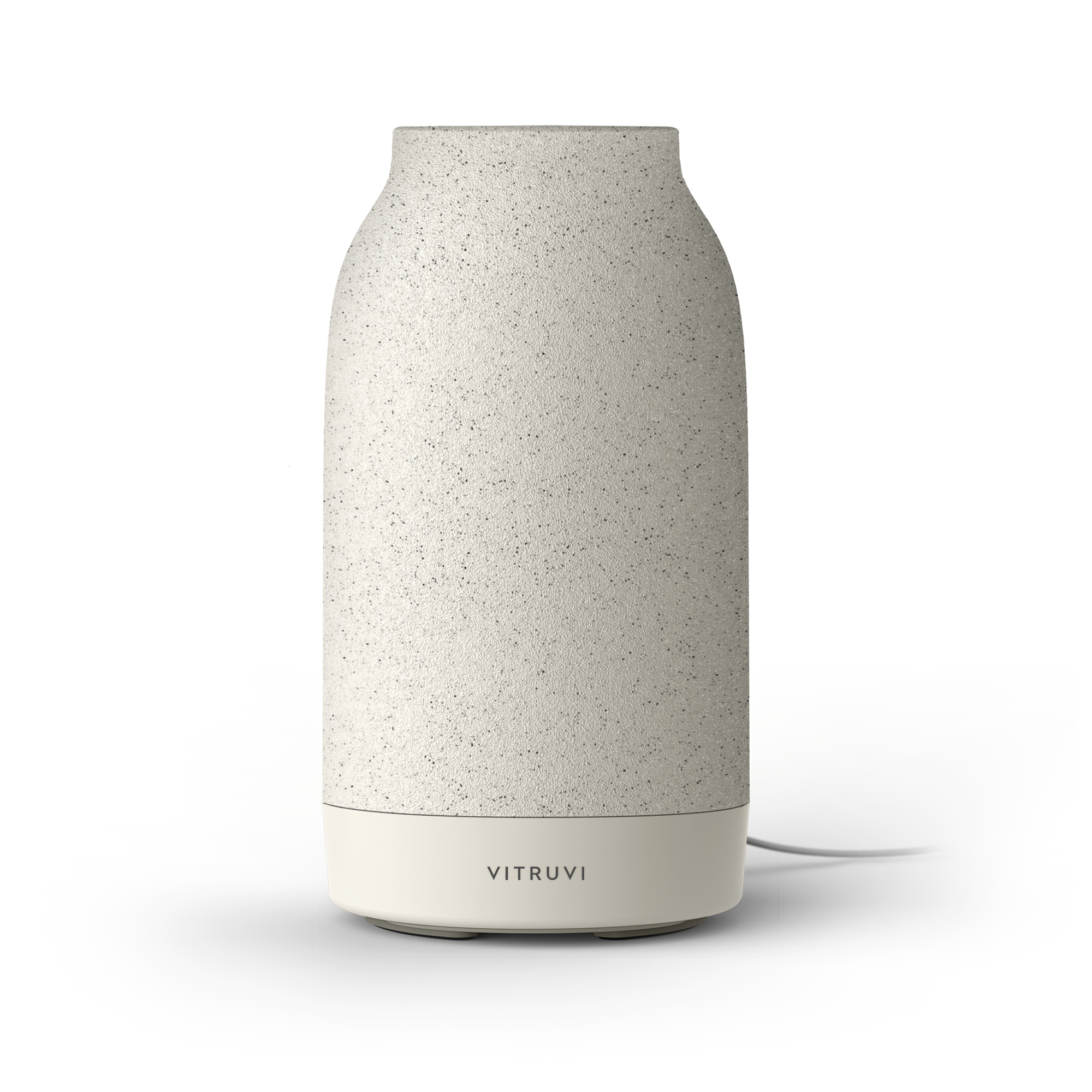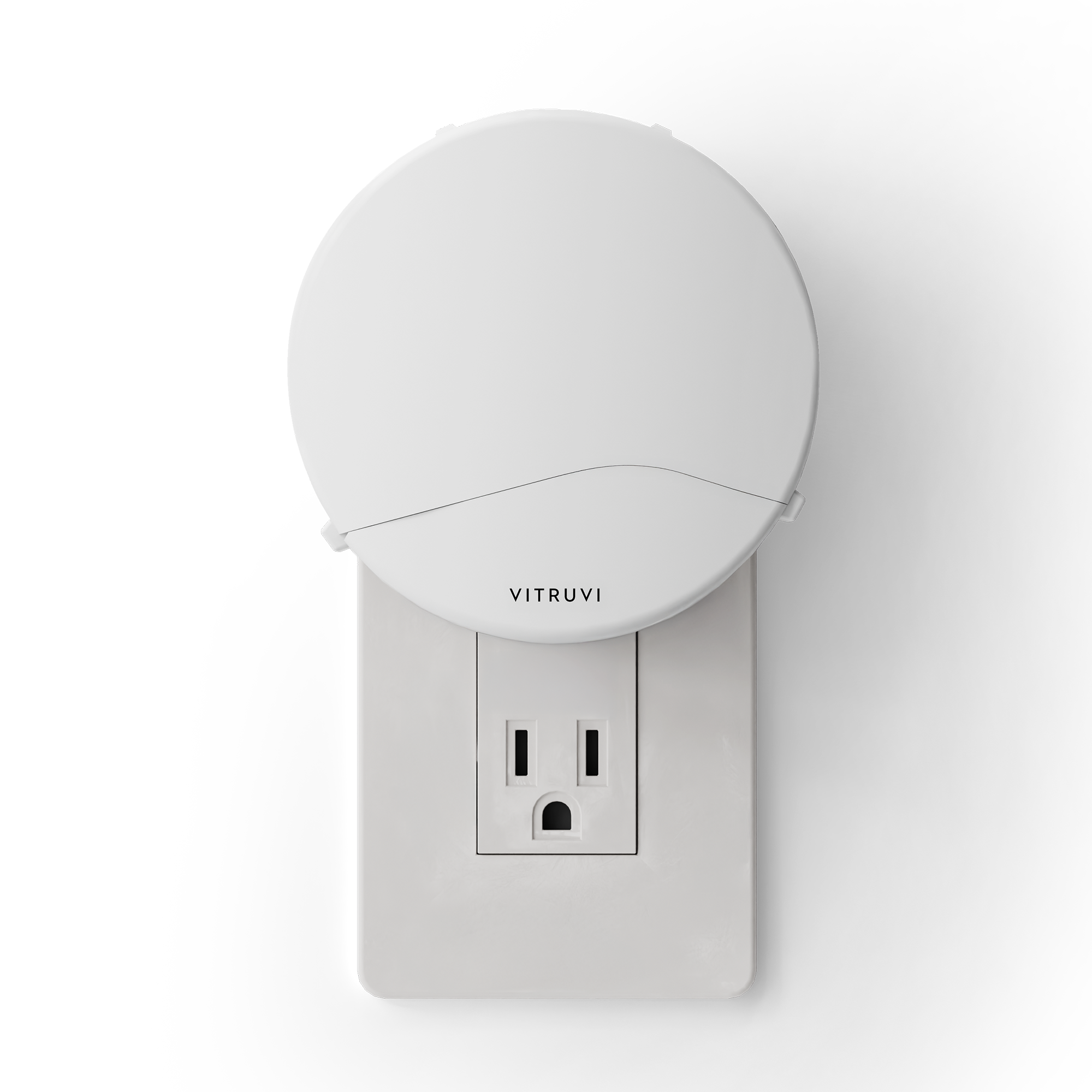People keep asking me why I quit drinking.
It’s as if they expect me to reiterate a spectacularly terrible incident, or to be some kind of hard-lined culture officer who disapproves of others who imbibe. But the truth is, nothing horrible happened—and I have no desire to project any kind of ideal onto others when it comes to alcohol.
I stopped drinking in February 2020 for a ceremonial commitment, but quickly realized I felt better about my social interactions and emotional state as a result.
I am nehiyaw (Plains Cree), a member of the Alexander First Nation in Treaty 6 territory. Our culture asks us to consider the collective while valuing individual liberties. You are expected to make your own decisions about how you participate in culture (and in life), and therefore how you participate in substances. At the same time, to access communal ceremonial spaces, people are generally expected to be entirely sober for days prior to their attendance; some people will choose to commit to longer periods of sobriety in order to prepare to be in these spaces. The rules vary, and there is discussion in our communities about how to include people with addictions.
As for me, I feel more in my body without alcohol. I do not miss the digestive problems. I like being very present in social situations. I enjoy having an excuse to leave a party early.
Don’t get me wrong—I have had so many good nights with liquor. I have grooved at queer dance parties with tequila shots; I have stayed up until four a.m. having what I thought were deep chats over wine; I have hosted birthday parties with signature cocktails. When I was a younger adult, I binged and had scary experiences. But as I aged, I became known as a very moderate person within my friend group; I would have a few glasses of wine at dinner a couple times a month. I came to really dislike the feeling of being drunk—of being out of control of my body in any capacity.
And the truth is that regardless of my relationship with alcohol, it will never be just mine. Both sides of my family include people who have struggled with substances, and some of them have died from those addictions. As someone who is nehiyaw on one side and white on the other, I have seen how society treats people with addictions very differently depending on race and class. Stereotypes about Indigenous people, alcohol, and historical trauma follow me despite my economic status. I was a young child when I started to notice that some people looked at my visibly Indigenous relatives with judgement when we went to the liquor store.
This spring, I read Ruby Warrington’s Sober Curious: The Blissful Sleep, Greater Focus, Limitless Presence, and Deep Connection Awaiting Us All on the Other Side of Alcohol. It was disappointing to discover that this book—and the others I read about teetotalism—were focused on middle-class white people, who have a very specific relationship to sobriety. Where was the perspective of an Indigenous person? When it comes to representation, I either see stereotypes about Indigenous addiction, or I see people who are very hard-lined about sobriety being a necessity to accessing culture.
To be clear, Indigenous people with addiction deserve respect. Indigenous people who drink out of necessity or for recreation deserve respect.
What’s missing from a lot of the conversations about sobriety is the acknowledgement that addiction is the result of trauma. Trauma is intergenerational and inherited, both through environments and genetics. Addiction expert Dr. Gabor Mate notes that physical and emotional pain are processed by the same part of the brain. When people use substances, they are often looking for pain relief—so in order to address addiction, we have to address the environments that lead people to drinking.
While I would not categorize myself as an addict, having the space to reflect on my relationship to alcohol and what that may look like in the future has meant addressing the emotional pain it has caused me and my family—and what it has been used to cover up. What I have learned and continue to learn is that we were all gifted with physical bodies, and we have to decide what feels best for them. For me that means I’ll just have a club soda, thanks.


